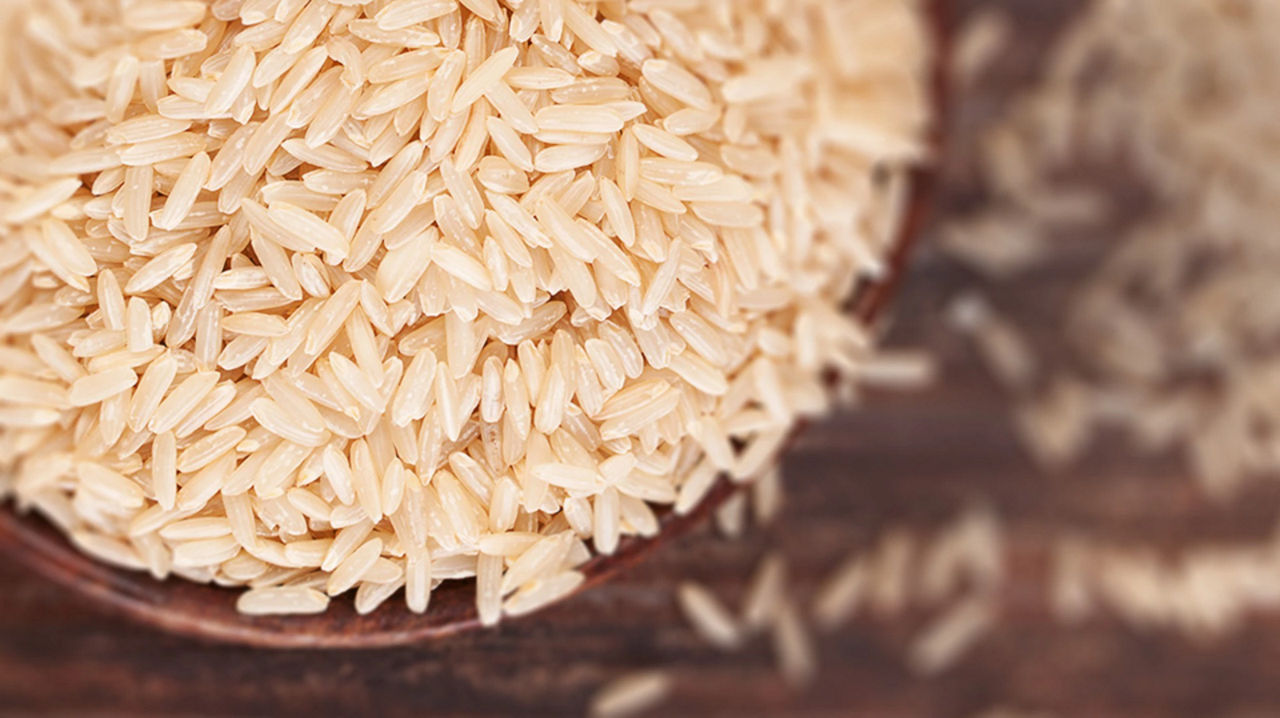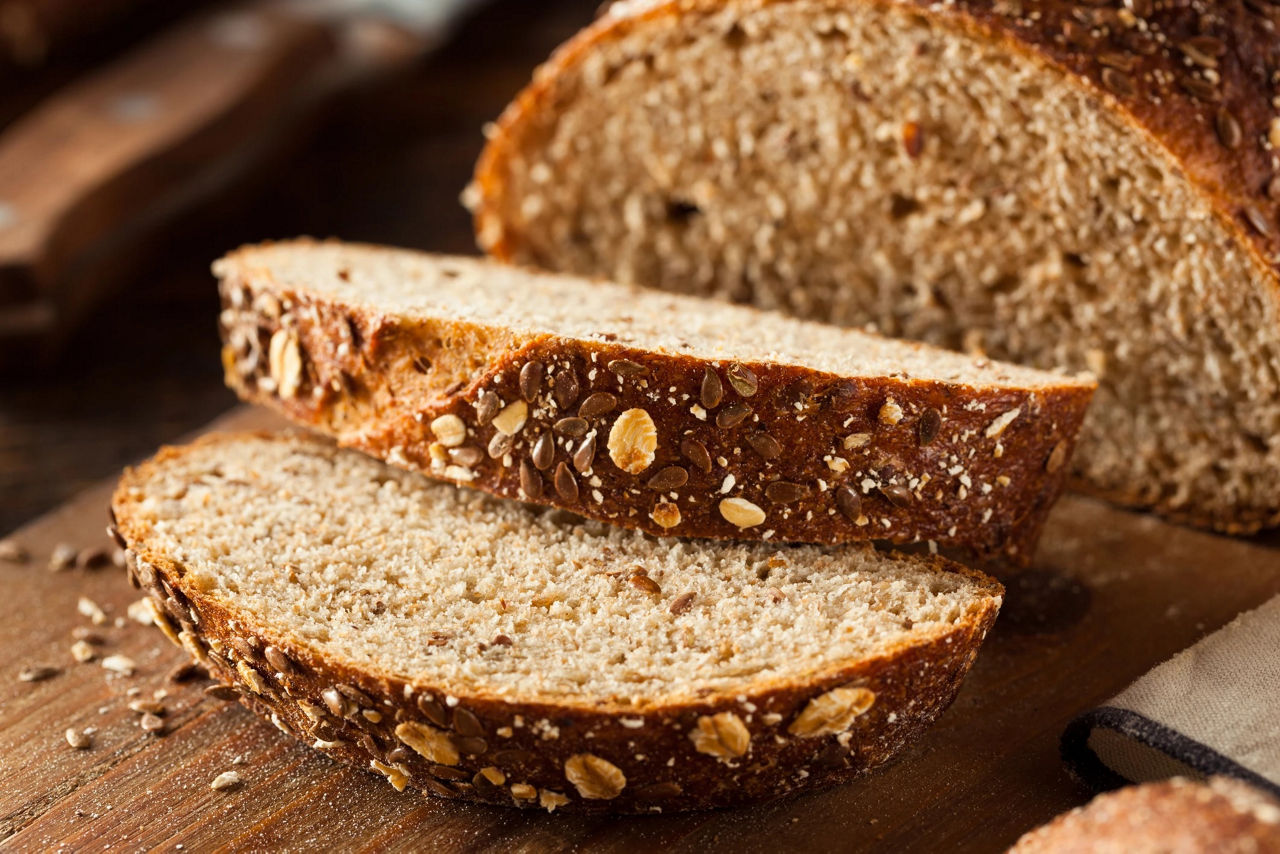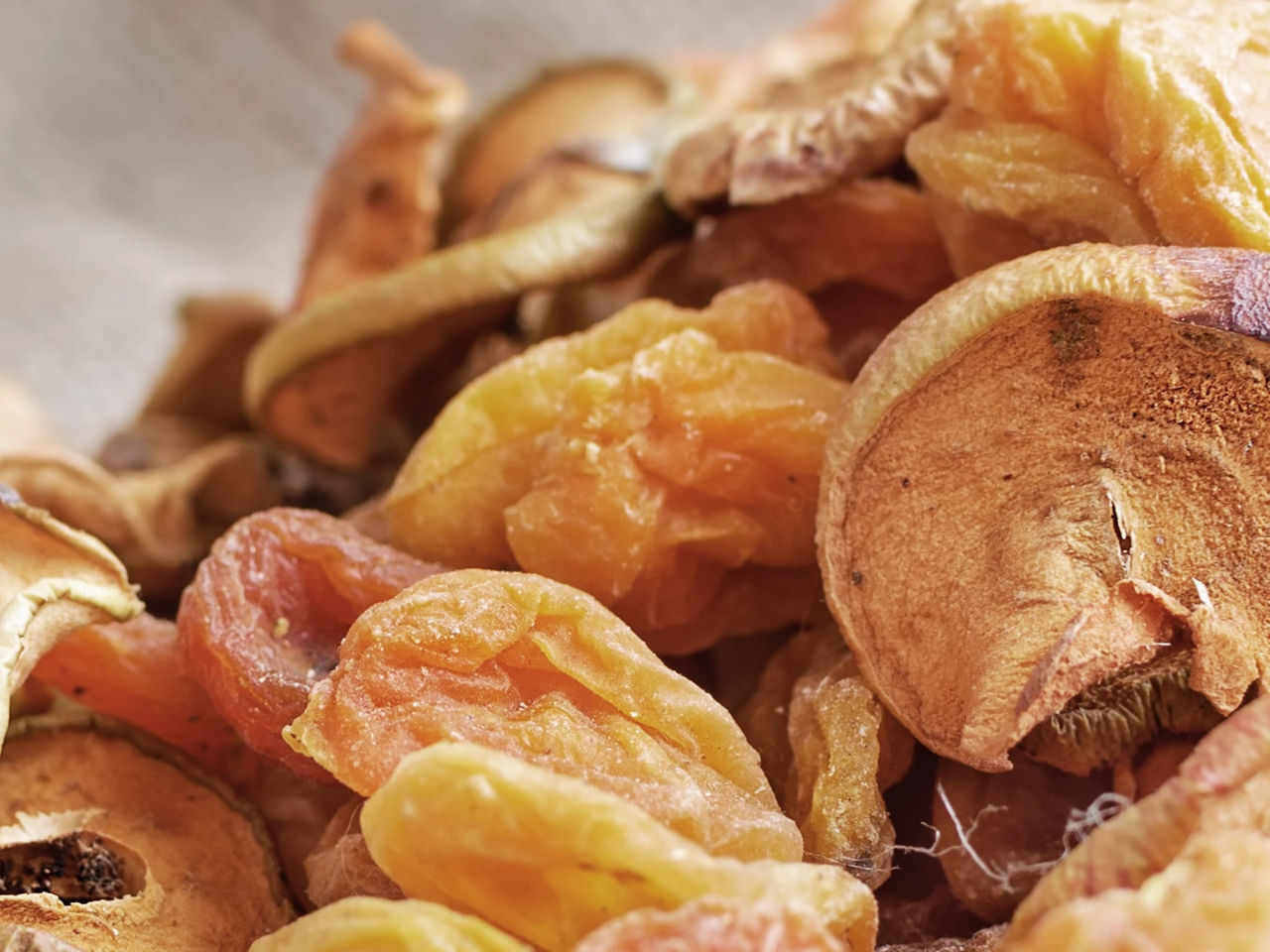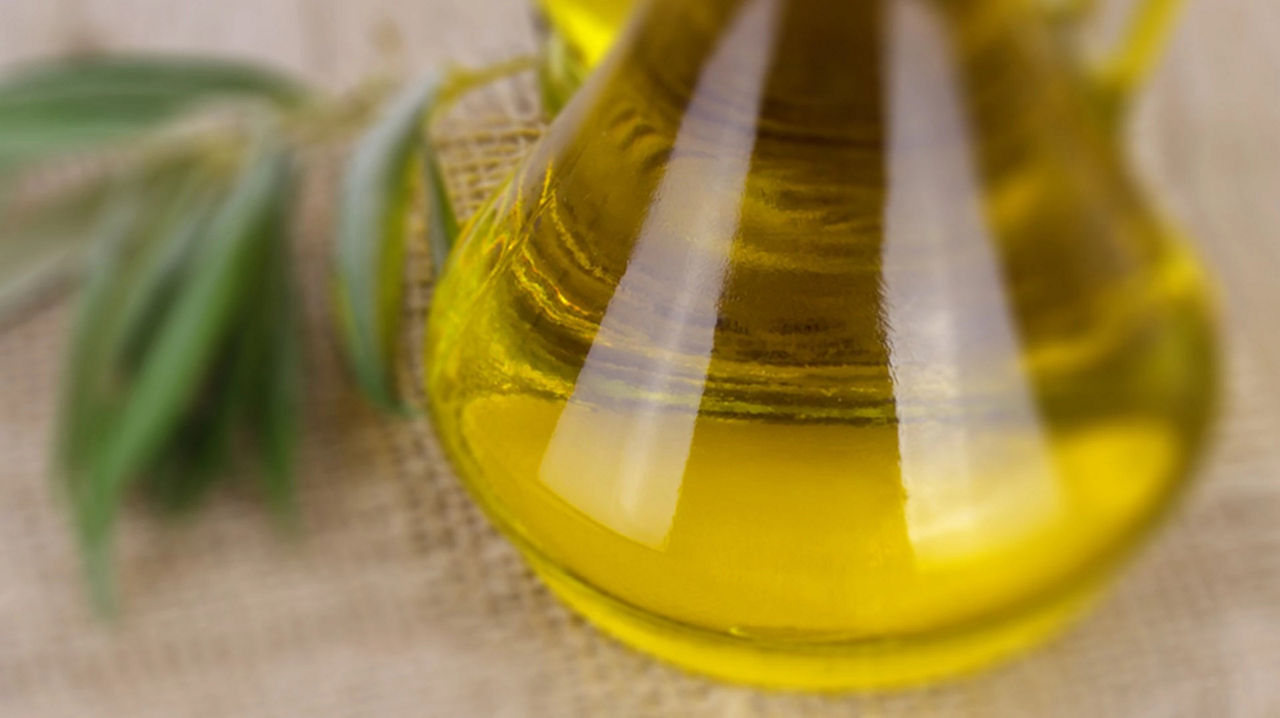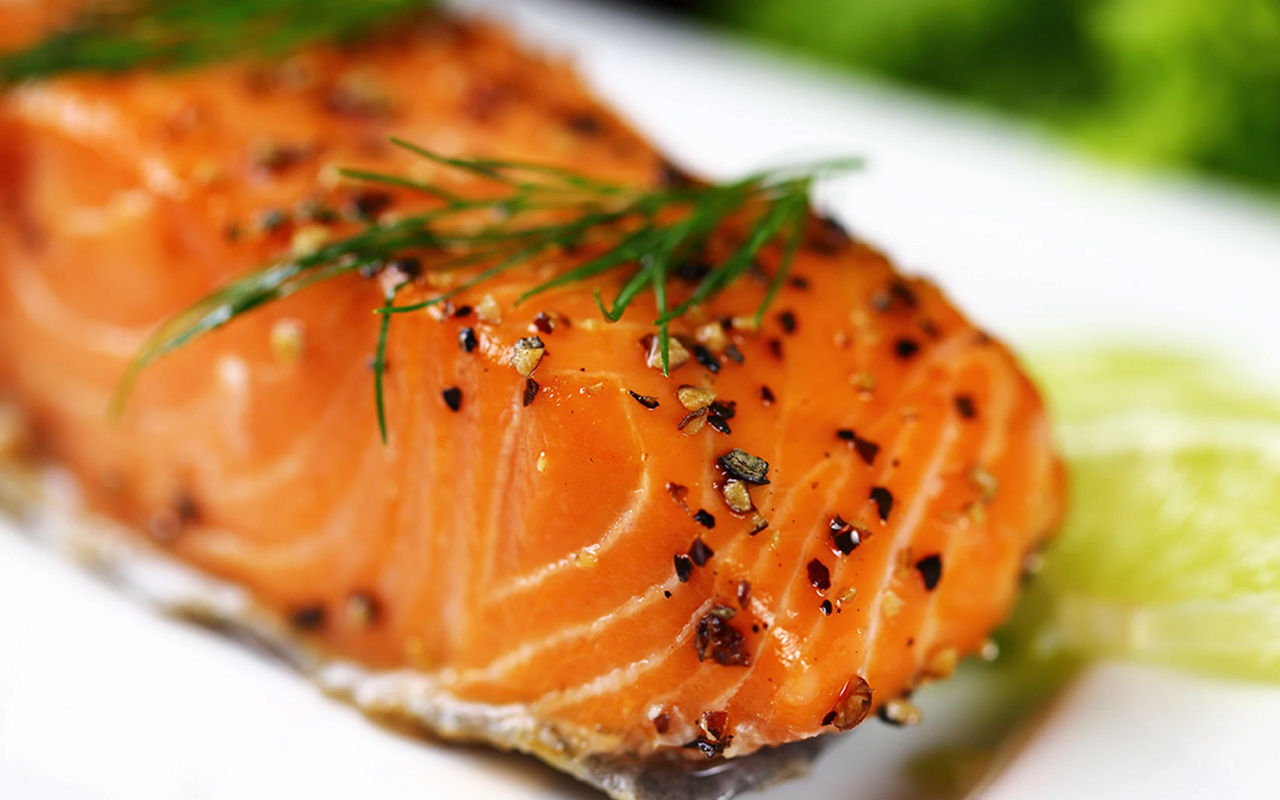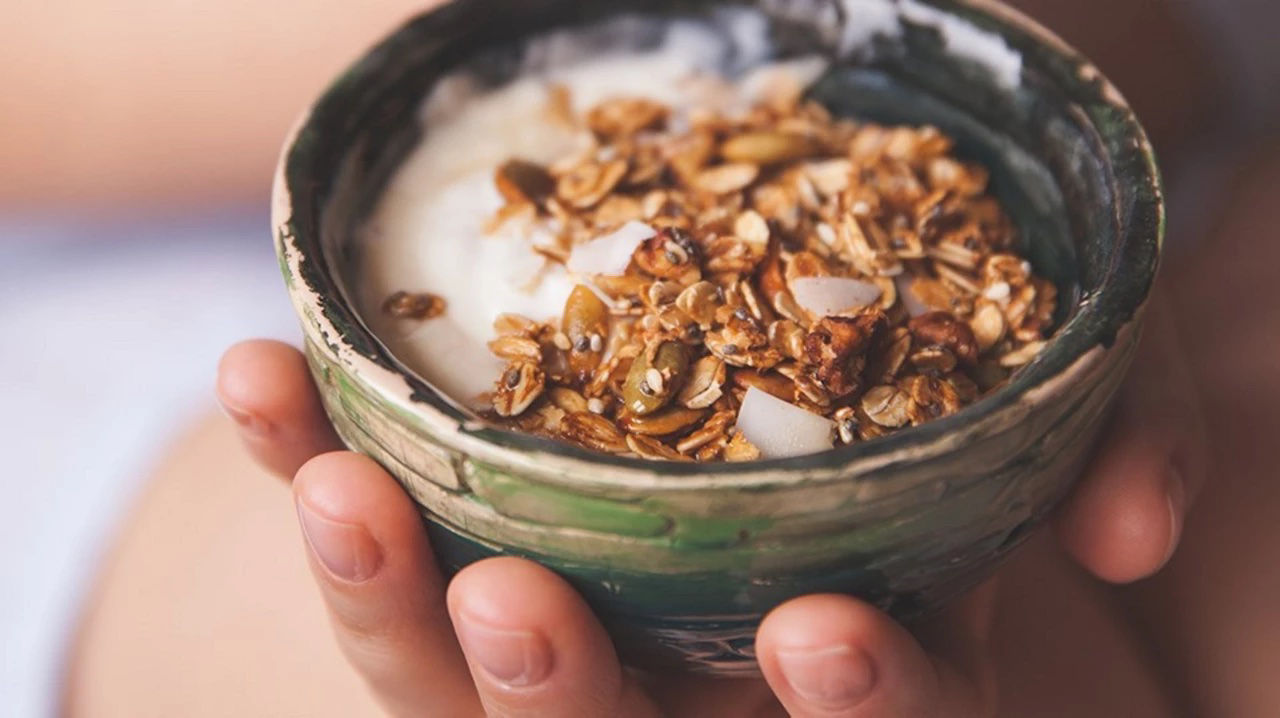Well-known for its role in keeping the digestive system running smoothly, fibre is an important part of a healthy pregnancy diet.
Found in plant-based foods, fibre is the part of the plant that the body can’t digest. By moving through the body, rather than being absorbed, it helps other waste to pass through more efficiently.
There are two types of fibre: soluble and insoluble.
Insoluble fibre does not dissolve in water and does not break down in the body. Instead, it passes through your system, absorbing water along the way and helping other foods move through.
Soluble fibre can also absorb water, making stools softer and easier to pass. It has the added benefit of binding with cholesterol, lowering your levels and helping to reduce your risk of heart problems.
Many foods contain both types of fibre – you’re probably eating some high-fibre foods without even thinking about it.
